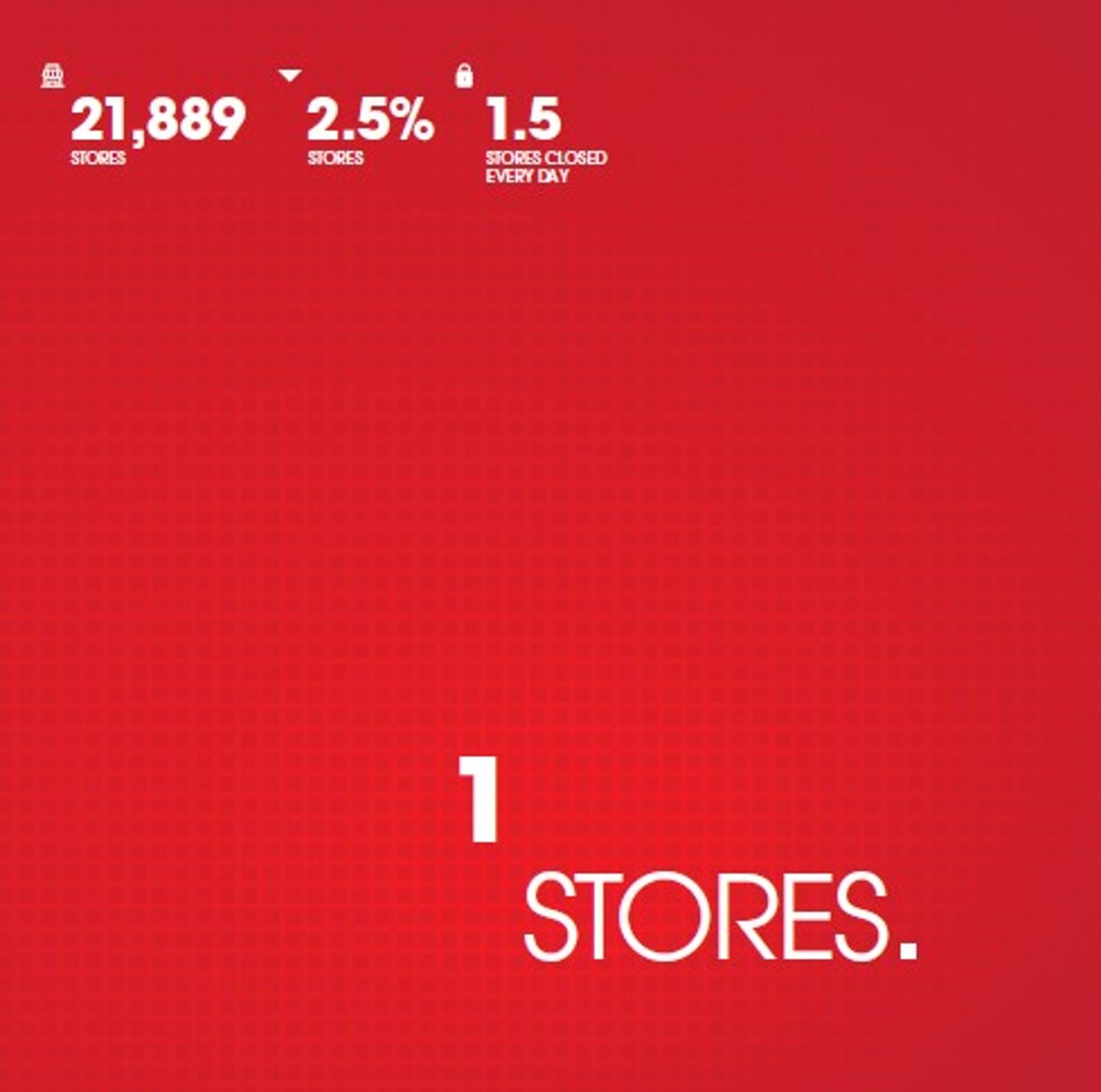A turning point for Canada’s convenience industry?
Every year, the CICC heavily invests in our State of the Industry Report which compiles and analyzes the economic picture of our industry. Members tell us they use it as a bible and refer to it constantly. We are pleased to share a few highlights, but for access to the full report, we encourage you to join CICC.
The economic storms Canada’s c-store industry has been weathering the last few years is what we would consider the challenge of change.
Even before the pandemic, there was a shift taking place in the industry—increased competition, more demanding and new customers, battling an increasing contraband tobacco market, in addition to getting ready for the EV generation.
Since 2016, the trend has been fewer stores and employees and lower sales. For several years, we saw three stores closing their doors every day—last year we were able to shave that number in half across the country.
Reductions in number of stores and employees mirror each other, yet sales remain relatively flat—a sign that the industry is resilient.
In 2023, the trend slowed down a little recording just 2.5% reduction in stores/employees versus more than 4% in the last few years and again, sales remained flat.
So, we like to think that 2023 was a turning point for the industry.
What are the key takeaways in this report?
The data tells a story of how convenience in Canada is changing.
When we were in high inflation mode the last couple of years, public opinion poll after poll stated that Canadians were becoming more cost-conscious including driving less, opting for cheaper products or doing without. That’s not good if you are in the convenience industry, but that’s the reality of the new normal.
This year, we are still seeing closures, but the bulk of the closures are taking place in remote rural areas. In fact, Ontario lost one quarter of its rural c-stores last year, most of which were independent. This is troubling for rural communities where these corner stores are often the only lifeline for essentials.
Plus, there’s a ripple effect that filters into other industries like tourism.
What’s interesting though, is that rural independents’ loss is corporate’s gain. While most of those stores are closing for good, we do see an increase in the number of banner stores in more urban and metropolitan areas so there’s a shift taking place.
What the data also tells us is that Canadians like convenience. 60% of Canadians visit a c-store or gas station at least once a week, but the biggest barrier to shopping at our stores is this idea that we are too expensive.
With Canadians driving less, choosing cheaper products or doing without – the impression that we are expensive doesn’t help. We also found out that demographics are shifting. Younger Canadians, Gen Zers, love convenience the most. But they are also the most demanding. They expect to be rewarded for loyalty, prefer to interact with digital technology like apps and look to us to bring innovation in certain product categories like energy drinks.
Not surprisingly, energy drinks are topping this year’s top 10 growing categories in unit sales, dethroning the long-standing leader, beer. Energy drinks have gone up by 12% or more than $50 million in the past year.
What other shifts in the top categories are of note?
Cigarettes are still our largest category, but they are declining, and fast, courtesy of contraband tobacco. It accounted for almost $4.5 billion in store sales just a few years ago. Now that has been reduced to $3.8 billion. That’s a tough pill to swallow for all retailers.
However, the good news for Ontario’s 7,000 stores is that this September they were finally able to sell beverage alcohol. This will ultimately be a game changer for those retailers who need to diversify the product mix and appeal to the next generation of c-store customers—Gen Zers.
To put this into perspective, beer alone is a half-billion-dollar industry for dépanneurs in Quebec.
One of the categories that has flown under the radar until now is non-alcoholic beverages. That industry has witnessed unprecedented growth the past few years, including a 41% increase in just two short years.
Right now, it accounts for almost $200 million, and the growth is expected to continue into the future. The younger generations are by far the biggest customers with ready-to-drink mocktails being the go-to purchase for those customers under 30.
This is a category that all retailers need to take a look at if they haven’t already.
Overview of 2023
We have been on a downward trend since 2016, but the good news is that in 2023 that trend slowed. And once again, our industry has shown amazing resiliency to keep sales relatively even despite losing 1.5 stores every day in Canada.
To me, that’s innovation at its core, doing more with less, and being forced to do the day-to-day operations differently.
Our retailers are part of Canadian communities from coast to coast and their role is not only to serve the residents of their communities by providing the essentials, but to be a gathering place, or community hub as well.
We often say that convenience and community are synonymous and honestly, that’s truer than ever before. However, what we see in the numbers is that rural Canada is seeing several stores close. That’s not good for those communities that depend on the local corner store for daily goods, nor is it good for other industries like tourism. There’s a ripple effect that starts when a store closes that impacts everything from the emergency services personnel who rely on those outlets to fuel up with gas and grab a coffee.
Convenience stores are essential to viability of Canadian communities and once they close forever, we lose a part of that community.








